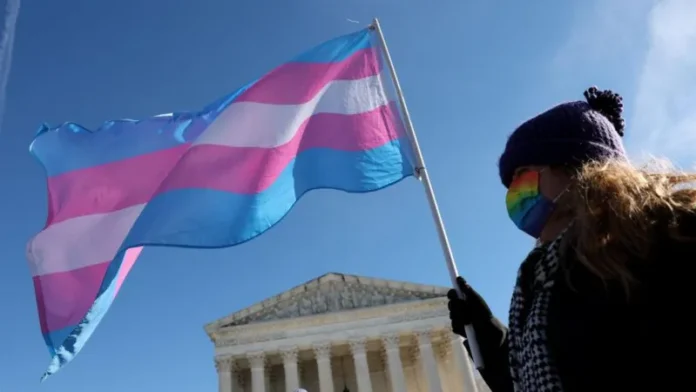
The U.S. Supreme Court agreed to hear a key case that could determine the future of law banishing transgender players from games conducted among girls and women. The upcoming appeal hinges on laws signed into force in Idaho and West Virginia, which have been challenged in court as these statutes single out transgender individuals and violate their constitutional protections.
The Cases Involved in All the Fuss
The litigation began when two trans girls—West Virginia’s Becky Pepper‑Jackson and Idaho’s Lindsay Hecox—brought suits to enjoin enforcement of laws that banned them from sports participation in alignment with their gender identities. Both argue their bans have no other rationale than prejudice and do not advance a legitimate state interest. Both argue their denial from public school sports not only injures their physical and emotional health and their well‑being but also their constitutional rights, particularly the Fourteenth Amendment’s Equal Protection Clause.
State-wide Statutes and Emerging Controversy
Idaho became the first U.S. state to pass such a law in 2020. Over 20 other states have followed. These measures are necessary to preserve fairness and integrity in women’s sports, according to proponents of these measures, something that transgender women—those assigned male at birth but claiming a female gender—could have physical advantages. Others argue that these measures are based on stereotypes rather than scientific evidence and are part of a broader campaign to exclude transgender people, particularly young people.
The lower federal courts have been split in their response to the case. In various cases, judges have declared the bans unconstitutional based on grounds of lack of substantial evidence and justification. These are indicative of the broad disparity in legal opinion and demand a definitive ruling by the nation’s supreme court.
Potential National Impact
The Supreme Court’s choice to hear the case may soon establish a national precedent. The Court’s decision won’t merely affect Idaho and West Virginia law and West Virginia and Idaho policy, respectively, but can directly inform other state policies regarding bans like these. If the Court rules either way, its decision could either constitutionalize these statutes or strike them down on their face, updating the body of law on protections regarding transgender people in collegiate athletics.
Timeline and Larger Implications
The Supreme Court will begin to take oral arguments in October in its upcoming term. The ruling, which is anticipated in 2026, can become a watershed moment in the national gender-identity debate, young persons’ rights, and how inclusive and equitable sporting competitions can be.
Lawyers note that this case could have major ramifications beyond high school athletics. A decision for the bans could set a precedent for further restrictions on transgender involvement in other public arenas. A decision against the bans could reinforce other federal protections for transgender individuals under Title VII of the Civil Rights Act.
As the Court is set to deliver its verdict, advocacy groups on both sides of the controversy are preparing. Civil and human rights groups concentrate on protecting the dignity and equal rights of gender-variant children, while proponents of the bans are still focused on framing the issue as a matter of fair competition and biological differences.
No matter how the verdict goes, this case is a watershed moment in fusing sports, civil rights, and gender identification in America.


